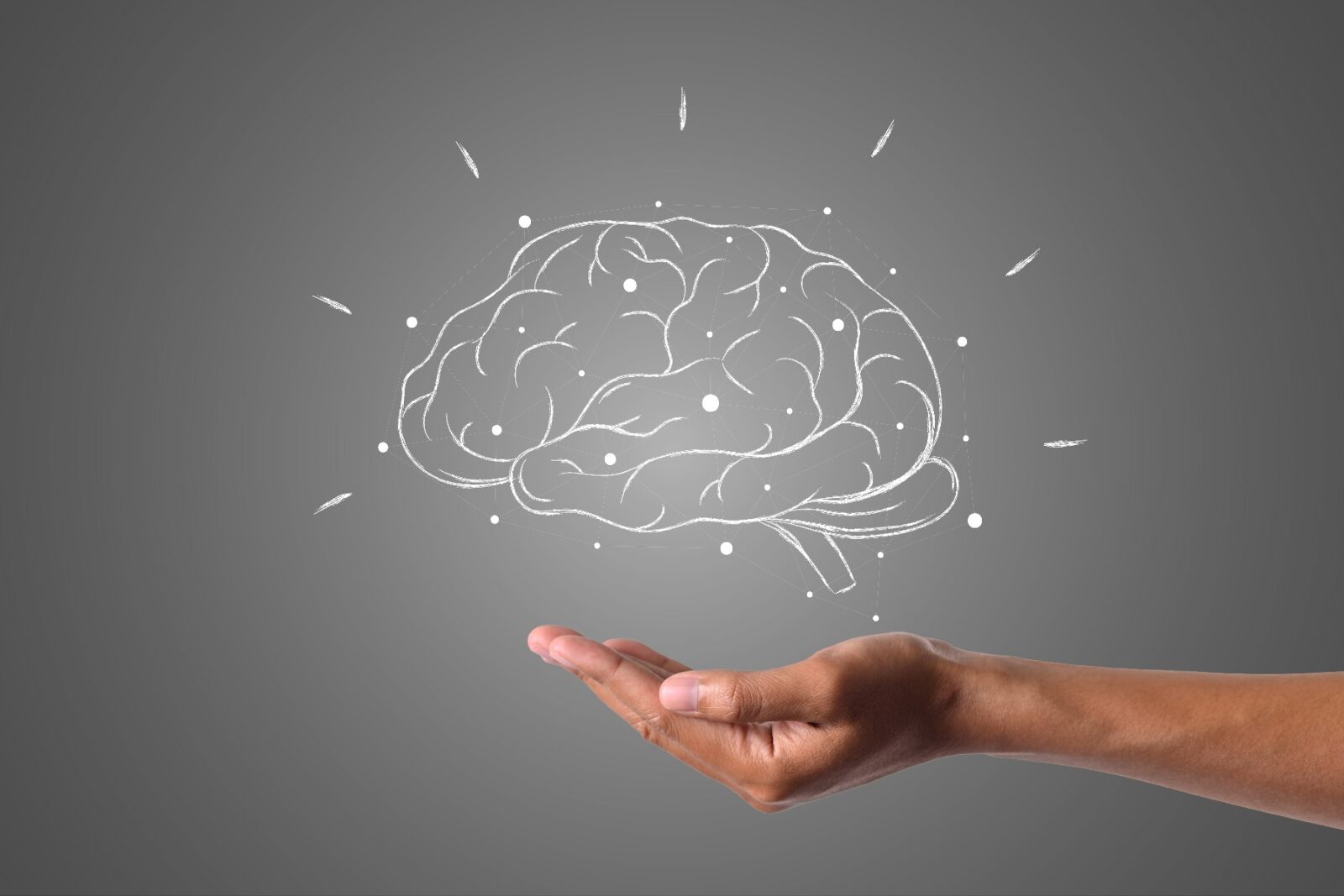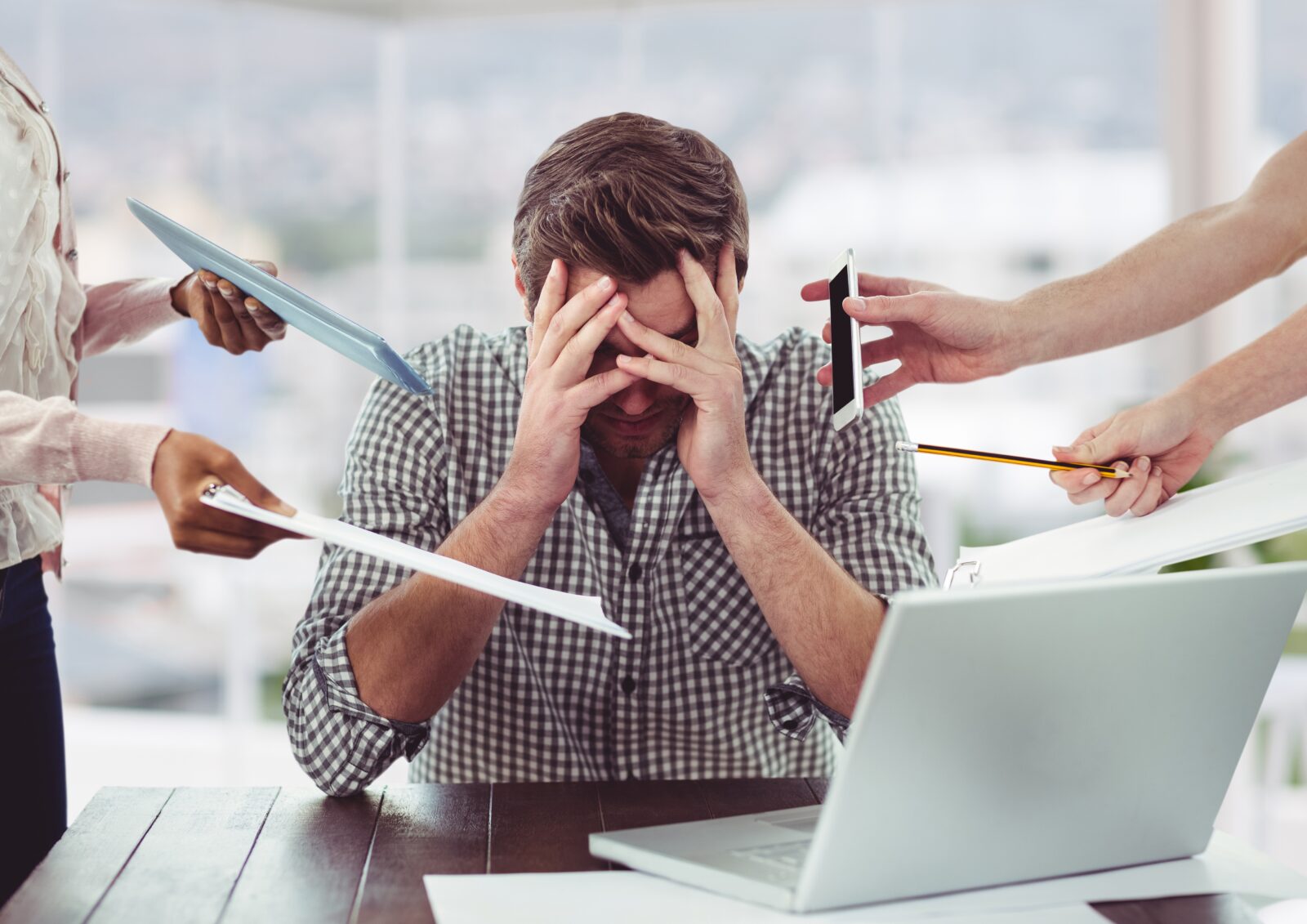Internet and social media use
Internet, social media and more generally, there are certain dangers and opportunities in the use of smart devices and technology. They offer opportunities for self-expression, communication, learning, and sharing one's thoughts and experiences. However, one must also be aware of their potential dangers. Constant use of the internet and social media can affect people's mental health. In addition, constant use of social media can also lead to a decrease in self-esteem and comparisons with others.
Internet and social media use by adults
Internet and social media use by minors
What is the positive impact of the internet and social media?
The impact of internet and screen time on physical health
The link between social media and sleep problems
The impact of the internet and social media on mental health
Spread of false information on the Internet
Scams on the Internet
How to protect yourself and others from the effects of the Internet?
Internet and social media use by adults

The survey results clearly illustrate how widespread the use of the Internet and social media is in Estonia. It is increasingly playing a larger role in everyone's life. The Internet is used most frequently by 16–24-year-olds, and 961% of them do so several times a day. The older the Internet user, the less often they use the Internet. Of the 65–74-year-olds, 581% of respondents use the Internet several times a day. However, there are also those who use the Internet monthly, but not weekly.
According to Statistics Estonia, the number of households with internet access has increased and internet access is available in 93.21% of Estonian homes. The number of online shoppers has also increased.
In 2023, a survey was conducted among adults and Overview of Estonians' social media usage.
- Facebook (99.41% of respondents) and Instagram (91.21% of respondents) were the most used social media channels among Estonians.
- 99.11% of respondents use social media on a daily basis.
Internet and social media use by minors
In 2022, research was conducted Social media use by Estonian schoolchildren among. All schoolchildren from the 5th grade onwards were invited to participate in the study. The results show that although the rules of social media platforms allow the use of these environments from the age of 13, this is not adhered to. The majority of those under the age of 13 have their own account on at least one social media channel.
- Estonian schoolchildren's favorite social media channels are YouTube, Snapchat, TikTok, Facebook, and Instagram.
- A large number of children are exposed to cyberbullying. A large number of respondents (41.71% of respondents) said that their friend had been exposed to cyberbullying. 15.91% of respondents admitted that someone had tried to access their account or obtain some information from them.
Cyberbullying can be extremely harmful to young people and affect their emotional, social and mental well-being. It is a problem that should not be ignored. If a young person is a victim of cyberbullying, it is important to offer them professional help and counseling.
Most popular websites and social media channels
The Estonian Human Development Report (2023) defines social media as: as follows: social media is a technology that offers its users a variety of functional opportunities to connect with each other, communicate, create, share and consume textual and audiovisual content (created by others).
The most well-known social media channels are:
- Facebook – one of the oldest and most widely used social media platforms, allowing users to share texts, photos, videos, and other content.
- Instagram – a platform for images and short videos where users can share visual content and follow the activities of other users.
- Twitter – a short messaging platform where posts (tweets) are limited to 280 characters. It is a great platform for sharing quick news and opinions.
- LinkedIn – a business social media platform aimed at professional networking and professional communication.
- Snapchat – a platform for messages, photos, and videos where posts are temporary and disappear after a while.
- TikTok – a short video platform where users can create and share fun and creative videos.
- Pinterest – a visual platform where users can create and share virtual boards where images and ideas are collected.
- YouTube – a video platform where users can upload, watch, and share videos on various topics.
In addition to the social media platforms mentioned, most popular websites including Google search and Wikipedia. These are just a few examples, and the world of social media is constantly expanding with the addition of new social media platforms.
What is the positive impact of the internet and social media?
The importance of social media is multifaceted and affects different areas of society. Conscious use of the internet and social media offers various opportunities, such as:
- Better access to information – people can quickly access news, educational materials, research papers and other information. This includes access to educational materials and online learning opportunities (including distance learning and personal development support options).
- It's easier to communicate with friends, family, and colleagues around the world. This fosters a sense of connection and cross-cultural communication.
- A way of self-expression – it is possible to share your thoughts, experiences, and creations (e.g. music on YouTube, writings on a blog).
- The opportunity to be involved in society, express your views, participate in discussions, and find like-minded people.
- Thanks to the internet, e-commerce is accessible to many people, and people can make purchases, order products and services, compare prices, and access a wide range of goods and services without physically going to a store.
- Companies, in collaboration with marketing agencies and marketing specialists, use social media platforms as a marketing tool to reach a wider target audience and increase sales. Managing social media accounts and creating content for them, advertising on social media, influencerMarketing and product introductions are often an important part of a marketing plan and strategy.
The impact of internet and screen time on physical health
The impact of internet and social media use on a person's physical health varies from person to person, depending on the intensity and awareness of use. For example, screen use before bed can affect sleep quality, as blue light suppresses the production of melatonin, which is associated with sleep. Poor sleep can, in turn, affect overall health and well-being.
Decreased physical activity due to the influence of the Internet
Any screen time, including time spent on social media, promotes a sedentary lifestyle, which has a negative impact on blood circulation, muscle tone, bone health, and immunity. Sitting at a computer for long periods of time can lead to poor posture, especially if the working position is not correct. This can in turn cause back and neck pain and affect muscle groups such as the neck, shoulder, and back muscles. Constant use of a mouse and keyboard can lead to hand and wrist problems, such as carpal tunnel syndrome and other joint problems.
Physical activity has a significant impact on both our physical and mental well-being. When developing exercise habits, it is important to consider with a person's physical and mental abilities and age-related characteristicsYou can also check out our previous blog post, where we wrote about the benefits of morning exercise.
The link between social media and sleep problems
Social media can influence our sleep and sleep quality. The light from your cell phone, especially before bed, can disrupt your circadian rhythm, which can make it harder to fall asleep at night. Notifications from social media apps can affect sleep quality.
For example in the study "The Association between Social Media Use and Sleep Disturbance among Young Adults" A strong link was observed between social media use and sleep disorders.
The impact of the internet and social media on mental health
Using social media can be negative impact on mental health and this can promote anxiety and depression, dissatisfaction with life and low self-esteem, and bullying. Estonian Human Development Survey (2023) Although excessive use of social media is associated with a number of difficulties in everyday life and social media can have a negative impact on our mental health, it is still not reasonable to consider it the root cause of mental health problems. However, it is worth being aware of the dangers associated with excessive use of social media and the internet and limiting the use of smart devices if necessary.
Cyberbullying on social media
One of the major dangers of the internet is cyberbullying. This is verbal or social bullying through electronic means of communication, such as instant messaging, email, social media or other applications. The bully may spread rumors, shame the other person or try to damage someone's friendships. Cyberbullying can cause stress, anxiety, depression and lower self-esteem, and young people are most susceptible to these effects.
It is important to educate young people about the dangers and consequences of cyberbullying and encourage them to share their experiences with adults. To better recognize, prevent, and deal with cyberbullying, you can: information and recommendations from the website managed by the Child Welfare Association and “Protect Yourself and Help Others” from the online textbook.
Spread of false information on the Internet
Misinformation can spread on social media and the internet as users quickly share links and posts. Fake news, distorted facts and fabrications can spread widely, influencing public opinion.
False information can spread in all forms: text, video, audio and images. Unfortunately, there are many opportunities on the internet where almost anyone can assemble information from different sources and present it as truth. False information has a great impact, because when damaging information comes from the mouths of very influential people, it can make people behave dangerously to themselves or others. Deepfake false information can even contribute to a decline in stock markets and thereby affect the economy. Examples of the different forms and spread of misinformation are given in the article on this topic..
There are a number of recommendations for identifying false information., e.g. evaluate the source, check the author and date, analyze the content and sources, and seek advice from experts if necessary. In order to prevent the spread of misinformation, it is worth being sure of the source and truthfulness of the information before sharing it.
Scams on the Internet
When using the Internet and social media, you may fall victim to scams.
There are different types of scams. and it is good to be aware of possible scams in order to recognize them. The Police and Border Guard Board website also provides A comprehensive guide on how to protect yourself from scammers. For example, on Facebook Marketplace, common users arewho ask you for your details when making a purchase through a courier service link, where you could lose thousands of euros by logging in. So remember:
- Never share your PIN 1 and PIN 2 codes with anyone.
- If you receive an SMS or email containing an internet link, do not click on it immediately.
- Do not agree to any financial transactions or bank transfers over the phone.
- If you discover that you have made a bank payment to scammers, call your bank immediately.
- Limit the visibility of your profile on social media to strangers.
Social media influences comparison with others
People compare themselves to other social media users, based on their lifestyle, achievements, appearance, or other factors. This comparison can affect people’s self-esteem and sense of well-being. The image presented on social media can be distorted, as people tend to only share positive moments and achievements, often hiding challenges or difficulties. This can lead to negative emotions such as envy, low self-esteem, or disappointment.
In the study "The Relations Among Social Media Addiction, Self-Esteem, and Life Satisfaction in University Students" It was pointed out that there is a negative relationship between excessive social media use and self-esteem, and a negative relationship between excessive social media use and life satisfaction.
Preference for virtuality over face-to-face communication and other activities
Overuse of social media and the internet can result in a person spending less valuable time with loved ones and pursuing hobbies.
Social media and internet use in general can be harmful if it replaces time with family and friends. It is advisable to find a balance between face-to-face interaction and interaction with a smart device to maintain healthy relationships. Social media use can lead to a person spending less time on meaningful activities and hobbies. It can also interfere with fulfilling responsibilities, such as work, housework, or self-care.
Although social media addiction is often discussed, researchers have differing opinions on this issue, as There are no good methods to reliably and appropriately measure social media addiction..
How to protect yourself and others from the effects of the Internet?
The main thing is that the website summarizes many good recommendations.to avoid the harmful effects of social media and the internet. Some important thoughts:
- Realize that everyone has bigger and smaller problems, even if they are not shared on social media.
- Only follow people on social media who evoke positive feelings.
- Before you write a comment or letter, think carefully about whether you would feel comfortable if someone said something like that to you.
- If you notice bullying towards yourself or others, ask them to stop it immediately. The most important step in resolving bullying is not to be alone with your concerns.
- When you meet someone new online, check if you can find them on other social media platforms and if you can find information about them by Googling their name? If you want to meet, you could make a video call first, and if the person seems trustworthy, a public place is a good place to meet for the first time.
- To avoid overusing social media and the internet, set some rules for yourself. For example, have social media-free days, limit the time you spend on social media, turn off notifications, and avoid being constantly connected to the internet.
- It is important to be aware of your social media usage. To do this, track your daily time on social media (you can use a smartphone app for this) and evaluate the amount of time spent on social media. Think about alternative activities (e.g. interests) and decide if you need to limit your social media usage.
- As direct contact with loved ones decreases, prioritize spending time with friends and family. When you are with other people, take a break from using your phone.
- To achieve healthy sleep hygiene, put your phone in another room or away from your bed at night and silence it.
- To support physical health, try to be active every day: break up long periods of screen time with stretching, walking, or other exercise.
- Pay attention to your physical and mental health and find ways to support them if necessary. You can also get help consulting services.
In conclusion, if we set limits on social media and internet use, monitor supportive content, and pay enough attention to physical health, we can reduce the risks of potential dangers on the internet and social media.

Vallo Põldaru
TrainerVallo is a marketer by profession, a specialist in human internet behavior, and a trainer whose favorite topics are marketing psychology, spiritual care, and sustainable mental health in today's society.
Sleep and sleep deprivation. What is the secret to good sleep?





